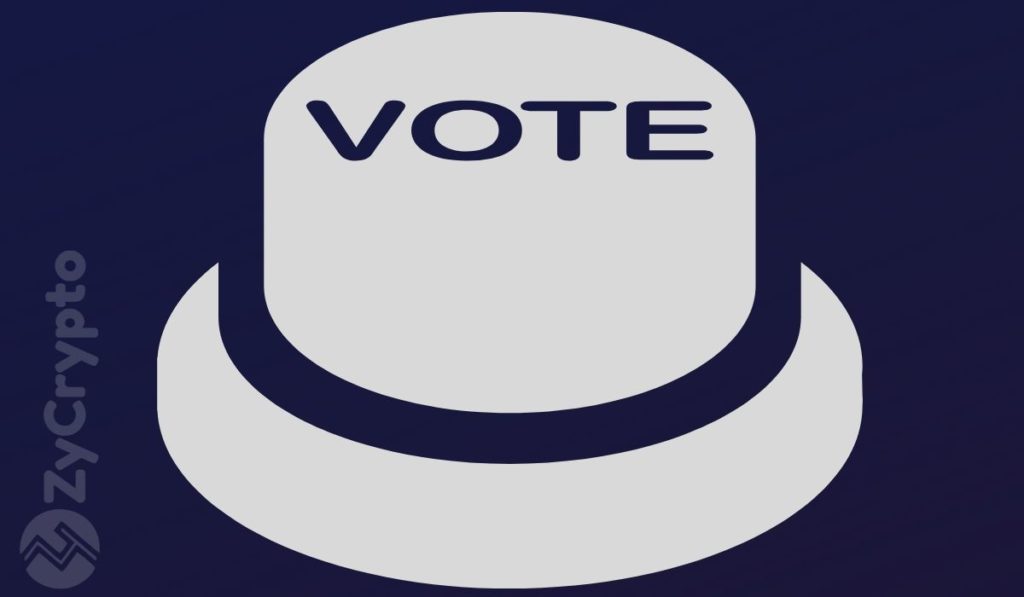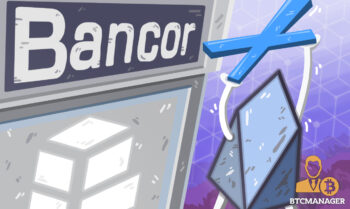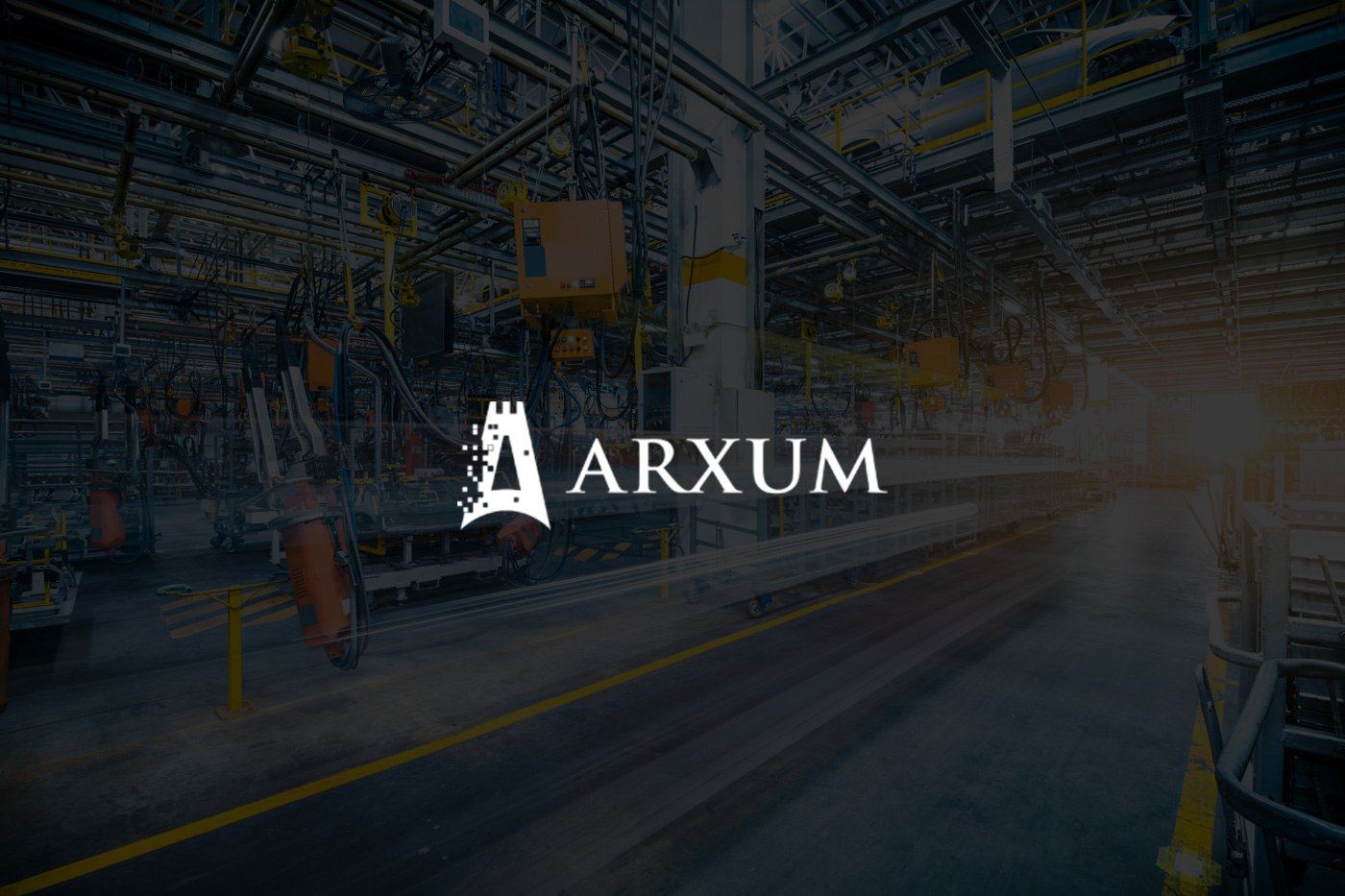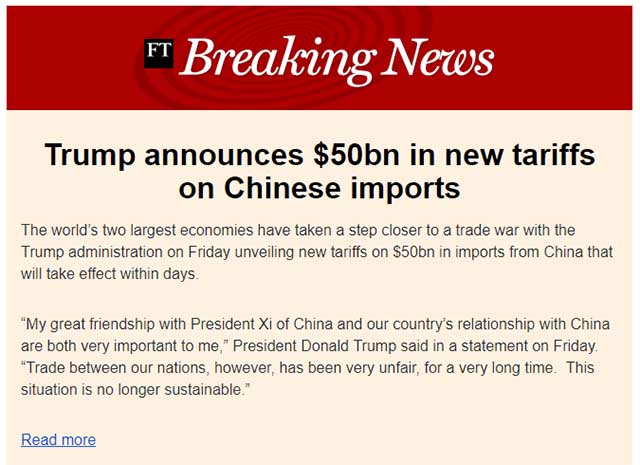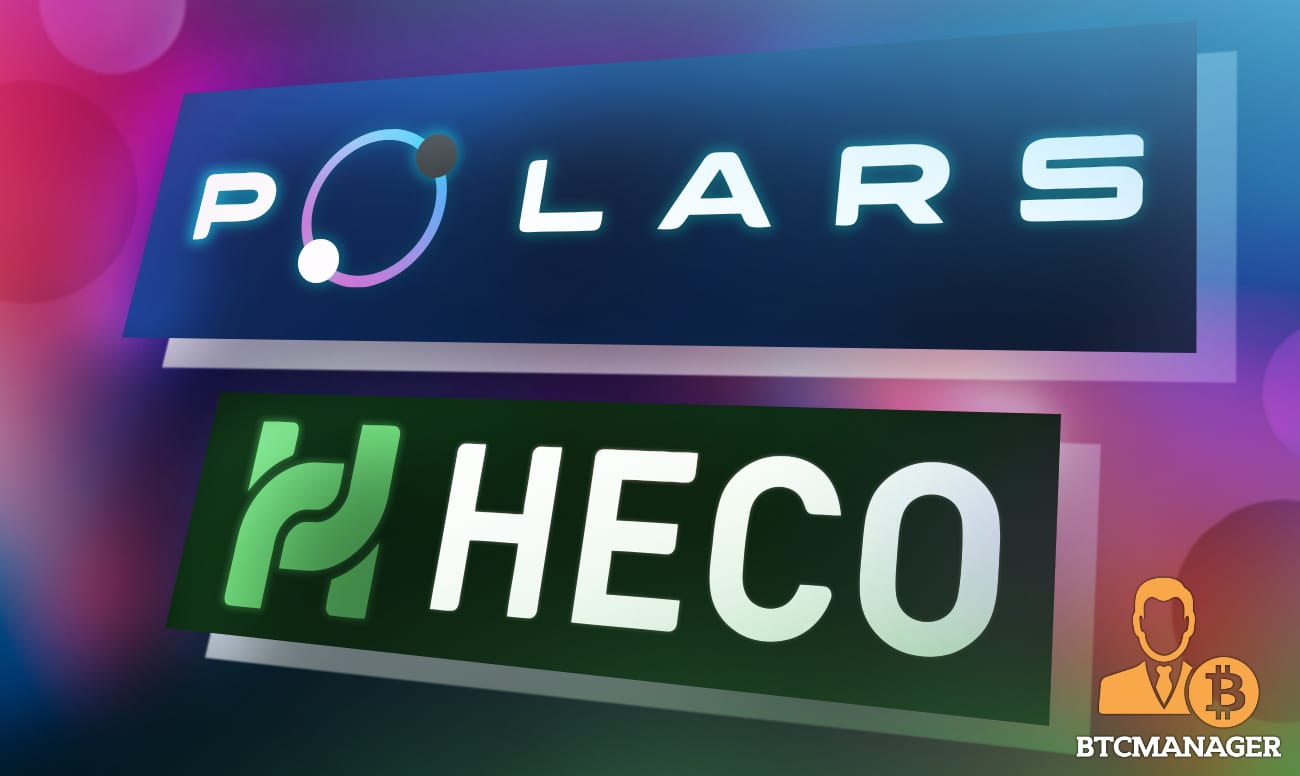2018-10-4 15:55 |
Having received a number of claims of suspicious voting activities among block producers, Block.One, the creators of the EOSIO software, for the development of which they managed to raise $4 billion in their long-lasting initial coin offering, published a statement in the company’s official blog.
The statement is signed Block.one’s CEO, Brendan Blumer. It reads:
“We are aware of some unverified claims regarding irregular block producer voting, and the subsequent denials of those claims. We believe it is important to ensure a free and democratic election process within EOS and may, as we deem appropriate, vote with other holders to reinforce the integrity of this process.”
This statement appeared as a reaction to accusation of the platform’s major Block Producers (who perform a function similar to the function of miners on the Bitcoin blockchain) including Chinese crypto exchange Huobi, of having participated in “mutual voting” and “collusion.”
These accusations were based on a leaked Huobi spreadsheet. Looking at the spreadsheet it was possible to see some tables containing “node mutual voting table” and “node income statement”. According to Eosone that published this data, it could mean that some EOS nodes were used for mutual voting along with pay-offs.
However, the Huobi exchange officially denied the allegations in its blog post without giving details:
“Based on the initial investigation, there were no financial contracts involved between Huobi and any third party. The investigation is still on-going and therefore, we seek your patience and co-operation in this matter.”
Nevertheless, it’s worth mentioning that it is far not the first case when the EOS voting process has been criticized. It has already come under fire from a number of prominent figures in the cryptocurrency community, and Ethereum co-founder Vitalik Buterin is also among those who have some doubts about the transparency and fairness of this procedure.
Buterin has already warned about a risk of quid pro quo voting and emergence of so-called ‘voting cartels’. Regardless such opinions, Blumer has always been absolutely sure that their principles will help them to create a stable participant-friendly system. He stated:
“As we go forward and continue to improve the EOSIO open source code, we extensively think about the future of decentralized governance and are committed to continually pushing thought leadership on optimal design.”
However, such an approach still appears to be rather controversial for many experts. To promote EOS’ decentralization, major Block Producers are allowed to take part in collaborative voting. But such a situation doesn’t seem to be very beneficial for the general idea of decentralization, especially given EOS’ coin holder voting framework.
Though Blumer insists that existing democratic governance (as he called it) is a key to decentralization, the company’s plans to achieve it doesn’t sound very realistic. Summarizing all the above-mentioned facts, we should say that still if any kind of collusion on the network exists, it means that all the project governing principles don’t work in a proper way.
The post Vote Buying: EOS Protocol Blamed for Having an Incomplete Approach to Governance appeared first on CoinSpeaker.
origin »Bitcoin price in Telegram @btc_price_every_hour
EOS (EOS) на Currencies.ru
|
|
